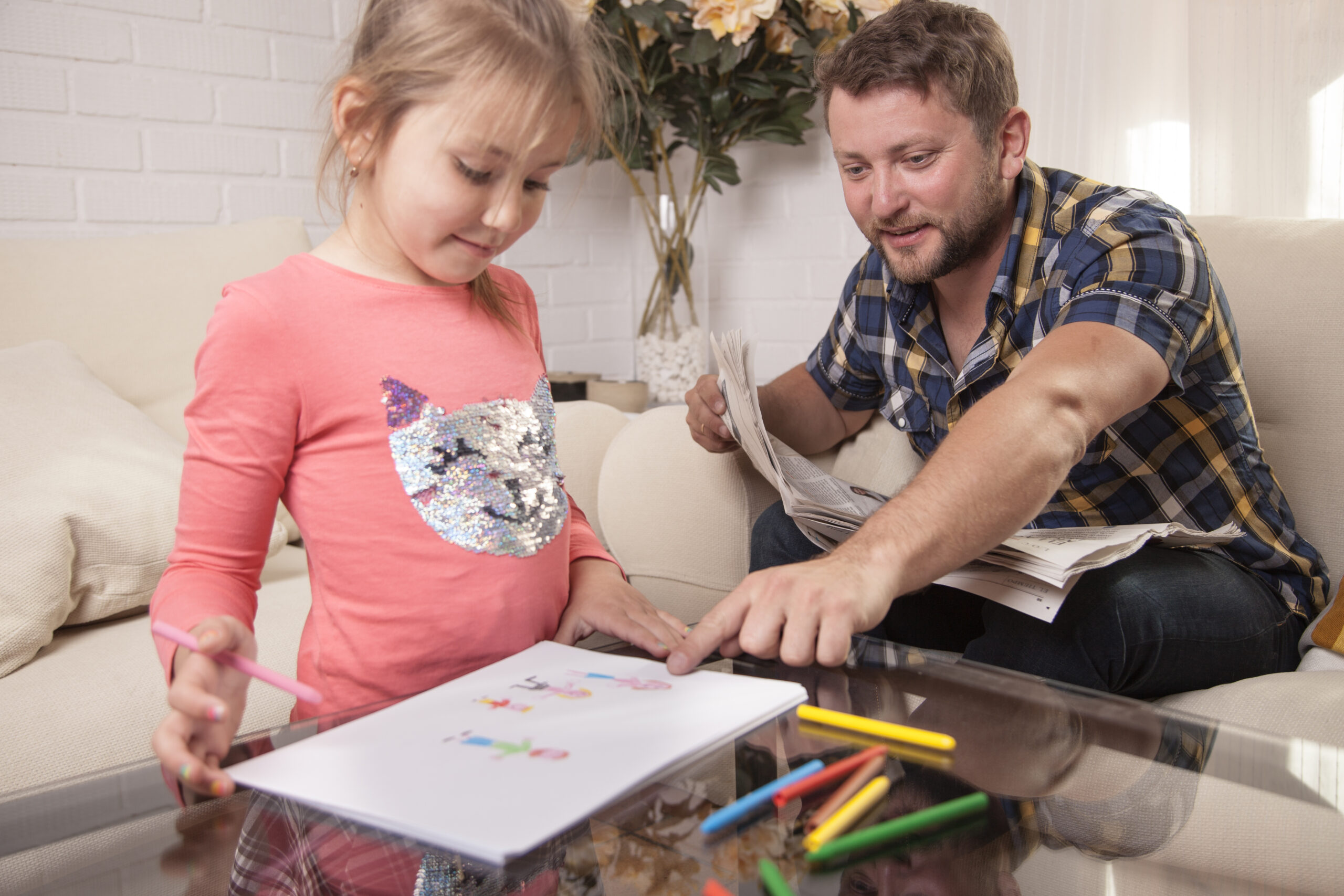How Educational Play Encourages Learning in Kids Aged 8-9
Key Takeaways
- Educational play significantly contributes to cognitive and social development in children aged 8-9.
- Various play activities enhance problem-solving, critical thinking, and creativity.
- Incorporating educational play at home or in school can be fun and impactful.
Table of Contents
- Introduction to Educational Play
- The Benefits of Educational Play for Cognitive Development
- How Educational Play Enhances Social Skills
- Activities That Drive Critical Thinking
- Encouraging Creativity Through Play
- Implementing Educational Play at Home
- The Role of Technology in Educational Play
- Conclusion
In the dynamic world of child development, educational play is a critical component that nurtures a child’s mind and social skills. For children aged 8-9, engaging in fun board games for 8 year olds opens a doorway to learning possibilities without them even realizing it. These games are more than just entertainment; they bridge fun and education. Through play, children can enhance a range of necessary skills that support their growth. As they play, they develop intellectually and socially while seeing the world through new perspectives.
With a thoughtful blend of activities, educational play fosters cognitive and social advancement, transforming traditional learning into an exciting experience. It’s about creating a perfect balance where learning meets amusement, forming a nurturing environment for young minds to thrive. The ultimate goal is to stimulate a natural love for learning, encouraging curiosity, exploration, and joy in every learning opportunity.
Introduction to Educational Play
Educational play is more than just fun; it’s a carefully structured approach to learning that captivates children’s minds and nurtures social skills in meaningful ways. This method skillfully integrates educational concepts into enjoyable activities, allowing children to learn while playing. By engaging their senses and emotions, kids are likelier to retain information, develop critical skills, and cultivate a lifelong passion for learning. Children can explore the world at their own pace, building confidence and resilience through play. This holistic approach to education allows young learners to connect profoundly with the material, their peers, and their environment.
The Benefits of Educational Play for Cognitive Development
Play strengthens vital cognitive skills such as memory, concentration, and problem-solving. Engaging in diverse play activities boosts academic performance as children learn to apply complex concepts in real-world scenarios. Educational play positively impacts cognitive development, providing children the skills to tackle challenges more confidently. Play encourages neural development and the formation of critical thinking patterns, laying a solid foundation for lifelong learning. As children uncover patterns and cause-and-effect relationships through play, they better understand the world around them, promoting autonomy and initiative.
How Educational Play Enhances Social Skills
Beyond cognitive gains, educational play facilitates substantial improvements in social skills. Children engaging in group activities naturally practice communication, empathy, and cooperation, which are all crucial components of effective teamwork. Real-life interactions during play provide invaluable lessons in negotiation, conflict resolution, and emotional intelligence. As children learn to navigate social dynamics, they develop a stronger sense of self-awareness and confidence in communal settings. Through shared experiences and collaborative efforts, kids appreciate diversity and develop the ability to forge meaningful relationships with peers, family, and the wider community. These skills remain with them well into adulthood, contributing to happier, more enlightened interactions.
Activities That Drive Critical Thinking
Games and puzzles that challenge children’s thinking are crucial for developing problem-solving abilities. Activities demanding strategic thinking and decision-making push children to analyze situations critically and explore multifaceted solutions. This experience prepares them for more intricate problem-solving tasks as they grow. Children learn to consider various angles and outcomes, whether piecing together a jigsaw puzzle, constructing a model, or planning a strategy-based board game. These exercises build perseverance and a healthy attitude toward trial and error, which is essential for future academic and personal success.
Encouraging Creativity Through Play
Educational play uniquely can tap into a child’s creative side. Creative activities, such as arts and crafts, storytelling, or imaginative games, enable children to express themselves in ways that traditional teaching methods may not. Encouraging such creativity boosts personal growth, enhances self-confidence, and provides opportunities for self-discovery. As children embark on imaginative adventures, they hone their abstract thinking skills, emotional expression, and innovation. These vital competencies lead to well-rounded individuals who are adaptive and resourceful, capable of thinking outside conventional boundaries and driving future innovation.
Implementing Educational Play at Home
Parents play a pivotal role in fostering an environment conducive to educational play. Setting up dedicated play areas and encouraging participation in joyful learning activities can be incredibly beneficial. Incorporating playful education as part of the daily routine ensures children eagerly engage with educational content, making learning a cherished part of their lives. Parents can use everyday situations as teaching moments, turning household chores, cooking, or gardening into opportunities to explore science, math, and art. Such activities strengthen family bonds while embedding lifelong learning principles into the child’s experience.
The Role of Technology in Educational Play
Technology can be a powerful tool in enhancing educational play when used appropriately. Interactive learning apps and educational games offer supplementary methods for children to engage with content, providing rich, immersive experiences that capture young imaginations. However, it remains crucial to strike a balance to ensure technology complements rather than replaces physical play. Introducing technology in a broad learning environment allows children to become digitally literate and independent learners. Guided use of educational technology can inspire curiosity and facilitate a deeper understanding of complex subjects, setting the stage for success in a technology-driven world.
Conclusion
Educational play is indispensable in a child’s developmental journey, offering countless cognitive and social growth benefits. Parents and educators cultivate a vibrant learning environment that fosters curiosity, delight, and exploration by integrating play into the educational routine. Such a dynamic approach supports emotional, social, and intellectual development, paving the way for lifelong success. Encourage kids to indulge their imagination and solve puzzles through interactive activities, where the long-term benefits of these playful endeavors are boundless, shaping them into problem solvers and confident leaders of tomorrow.
Keep an eye for more news & updates on Next Forbes!





